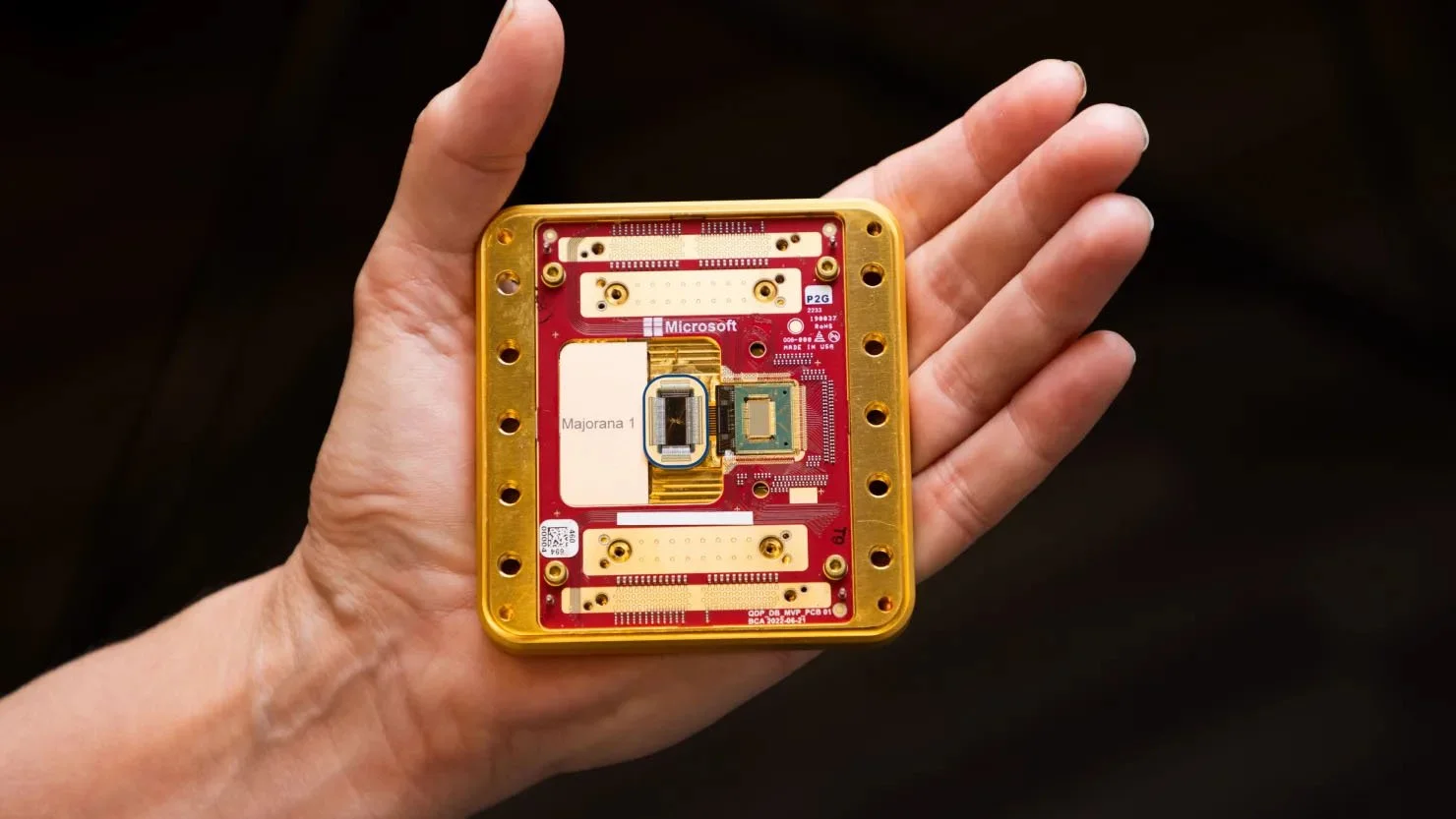Short Form: The influence of quantum computers on global politics
In February of this year, Microsoft unveiled its new Majorana 1 chip, the world's first quantum processor that is powered by topological qubits. This marks a significant milestone in both quantum computing and science overall due to how it utilises a new class of materials called topoconductors. These topoconductors allow for the development of qubits (the basic unit of information in a quantum computer) that are both more stable and easier to scale.
The implications of this technology extend far beyond computing as it has the potential to influence global politics and shift power dynamics to those with the most up to date technology. The possibility of quantum computers having the capability to break current encryption standards (such as AES) in a fraction of the time taken by classical computers (on their own) is ever-growing. This technology has serious implications in the security of the data of large corporations and governments alike, especially in the case of cyberwarfare.
However, Microsoft’s claims have been met with skepticism from many. Some experts question the evidence supporting the existence of the special particles (called Majorana zero modes) Microsoft claims to have used. They believe that what was observed may have been caused by other unknown factors. Because of this ,more testing is required to prove the legitimacy of this breakthrough.
Despite the controversy, the announcement has the potential to reignite the fierce race for quantum leadership, with both China and the U.S. having already invested billions. Microsoft’s breakthrough raises the stakes even higher.



